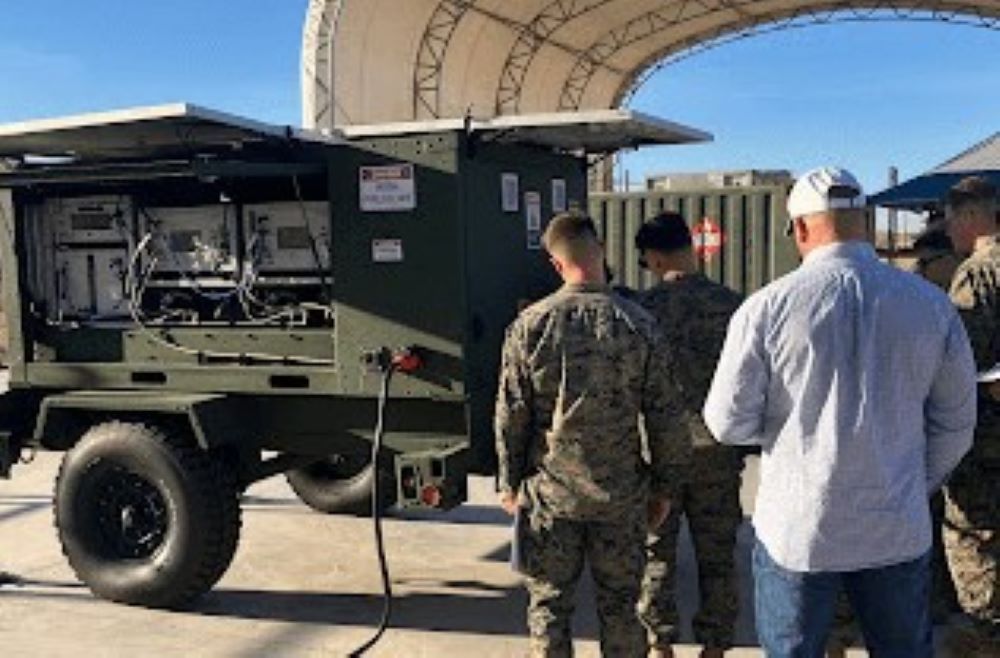Hydrogen-Powered Drones: A New Era for Military Operations
Key Ideas
- Zepher Flight Labs' hydrogen-powered drones offer a solution for military bases lacking fuel infrastructure.
- Acquisition of Zepher Flight Labs by Heven signals a shift towards hydrogen as a viable fuel option for drones.
- Hydrogen-powered drones can provide long-range capabilities for military operations in remote areas.
- The development of hydrogen technology in drones showcases innovation in the aviation and defense sectors.
A recent acquisition of Zepher Flight Labs by Heven has brought attention to the potential use of hydrogen-powered drones for military operations. The new fleet of small drones offers a sustainable solution for operating from remote military bases that have limited access to fuel and power infrastructure. The integration of hydrogen technology in drones not only addresses logistical challenges but also opens up possibilities for long-range missions in austere environments. This acquisition highlights a significant shift towards embracing hydrogen as a feasible fuel option in the defense sector.
The development and adoption of hydrogen-powered drones signify a new era in military aviation, where innovative technologies are being leveraged to enhance operational capabilities. By utilizing hydrogen as a fuel source, these drones can overcome the limitations posed by traditional fossil fuels, offering increased efficiency and reduced environmental impact. The collaboration between Zepher Flight Labs and Heven exemplifies a strategic partnership aimed at advancing the use of sustainable energy solutions in defense applications.
Overall, the emergence of hydrogen-powered drones represents a positive development in the aerospace and defense industry, showcasing the potential for clean energy alternatives in military operations. As technology continues to evolve, the integration of hydrogen fuel cells in drones is set to revolutionize the way military missions are conducted, particularly in challenging or remote locations.
